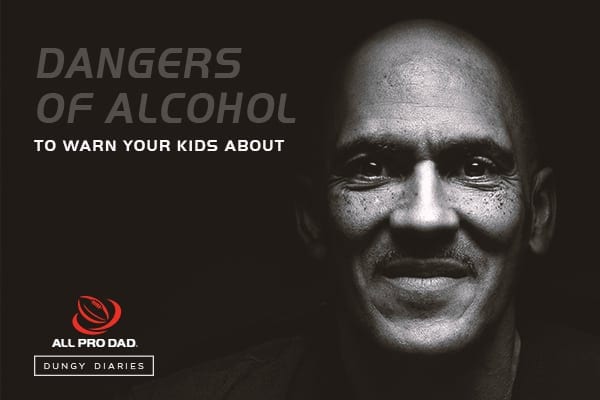I wanted to share with you an article I recently wrote for Sports Illustrated:
As I was preparing to visit Michael Vick at the federal penitentiary in Leavenworth, Kansas, earlier this month, I got a phone call from Ron Freeman. His son Josh is the Kansas State quarterback who was the first-round pick by the Buccaneers last month. We had never met, but we spoke father-to-father. Ron asked me if I would call Josh and keep an eye on him as he was getting used to his new environment in Tampa, where I make my home. As we talked, I could tell Ron and his wife had done a great job in preparing their son, and Josh was probably one of the few NFL rookies who wouldn’t need much mentoring. But his dad was going that extra mile for his son.
Then I went to see Michael. As I sat down with him at the table in the visitors’ room, he looked just like many of the young men I have talked with in other prisons. I couldn’t get over how young he still looked. I hadn’t seen him in person since 2005, but his face looked the same. The Falcons’ number 7 jersey, though, had been replaced by a tan jumpsuit with his inmate number on it. We talked for about two hours, and my message was the same one I’ve given hundreds of other inmates I’ve visited. “What you learn in life is the same thing you learn in football,” I told Michael, who was scheduled to be released from prison this Wednesday to serve the final two months of his 23-month sentence in home confinement. “You have losses, and you have to rebound from them. The key thing is, How do you bounce back from a defeat?”
In the two hours we spent together, Michael and I learned a lot about each other, and we made a commitment to stay in touch after he is released. When I left the prison, I found myself thinking: What if Michael, who says his father was not a positive influence on his household when he grew up, had had the same family support system that Josh had? Would he have ended up in this situation? I really don’t think so.
That’s one of the reasons I left the Colts a few months ago. People ask me all the time why I retired, and it wasn’t from stress or burnout. In my mind I didn’t retire from football as much as I was moving to something else. I wanted to do something to help the next generation of young people realize their potential. As a coach I was blessed to have developed a bond with many of my players. But I always felt that those who made it to the NFL were, for the most part, men who had gotten some good mentoring along the way. I wanted to reach out to young men who hadn’t had the benefit of college and NFL environments.
I’ve always been drawn to young men and the issue of fatherhood because of the impact my dad had on me. I leaned on him for advice for 48 years, and he shaped me into the man I am today. I’ll never forget being thrown out of a basketball game in ninth grade for fighting. (I know that’s hard for people to imagine after watching me on the sidelines.) Afterward, my dad calmly told me how he saw it. “You let your emotions help your opponent instead of your own team,” he said. “You have some talent, but you’ll never be a great player until you get those emotions under control and use them for good.” I listened to him, and that was the beginning of the “cool” Tony Dungy persona.
As a Christian, I follow the Biblical model of how a community should be structured-wisdom should be passed down from elders to juniors, and when that doesn’t happen the results won’t be good. That’s why I’m concerned about the number of young men growing up without active fathers in their lives. This is an increasing problem all across society but especially in African-American homes.
It’s ironic that, as I’m leaving pro football, one of the people I’m trying to help was once one of the NFL’s biggest stars. But I’m concerned about Michael Vick’s life, not his career. And Michael’s future, just like those of thousands of other inmates around the country, is worth saving. Michael came into the NFL with a lot more fanfare than Josh Freeman but with less guidance. Does that excuse some of the mistakes he’s made? No. And Michael certainly had the benefit of many support people in college and the NFL. But our decision-making processes are formed much earlier than that.
I firmly believe Michael deserves a second chance in life. I understand how appalling dog fighting is, and in no way do I condone it. But he was given a punishment that the court deemed appropriate, and now he exits prison having paid for that crime. It’s time to let him bounce back after that loss. If we are willing to forgive Michael and take an honest look at the person who is leaving that prison, we might be surprised at what we see. We might see a man who says “I’m sorry” with his actions and not just his words. We might see a man who wants to get back to his three children and stop the cycle of young people growing up without a father to help them.
Least important, we might see him play football again. I’m not sure of the Michael Vick we would see on the field, but I believe we would see a very different person off the field. That’s what would be exciting to me.










